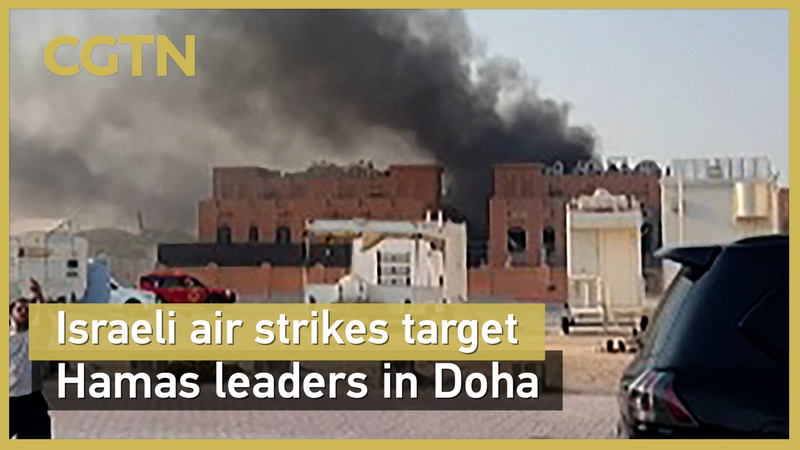Amid heated ceasefire discussions in Doha, an unprecedented Israeli airstrike shook the Qatari capital on Tuesday.
More than a dozen warplanes dropped at least 10 precision-guided bombs on a building linked to senior Hamas officials, according to an Israeli official. The strike, described by Israeli authorities as an attempt to target leaders "directly responsible for the October 7 massacre," focused on intelligence-backed coordinates to limit civilian harm.
Hamas issued a statement saying its negotiating team survived the attack. Tragically, six people were killed, including the son of top negotiator Khalil al-Hayya. The group insisted that their demands remain unchanged: an immediate halt to hostilities, a full Israeli withdrawal from the Gaza Strip, a genuine prisoner exchange, humanitarian relief and major reconstruction efforts.
For its part, the Israeli military and the Shin Bet security agency confirmed responsibility, with Prime Minister Benjamin Netanyahu calling it "a wholly independent Israeli operation." An anonymous official told Xinhua that planning for the strike had been in motion for months.
As the dust settles, global observers are asking: How will this bold move impact future ceasefire negotiations and regional stability? For now, both sides appear more determined than ever to defend their positions, leaving the path to peace as uncertain as this surprise strike.
Reference(s):
cgtn.com



